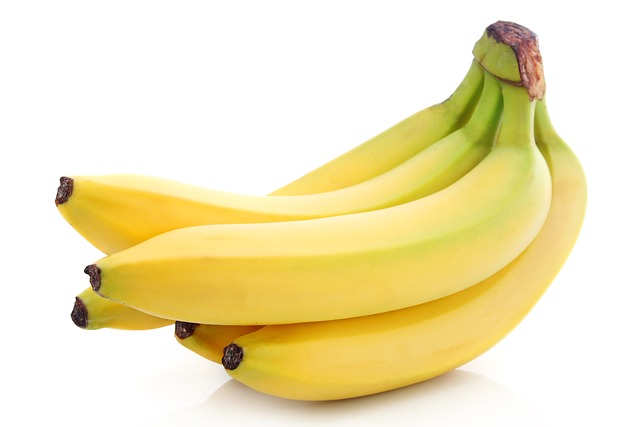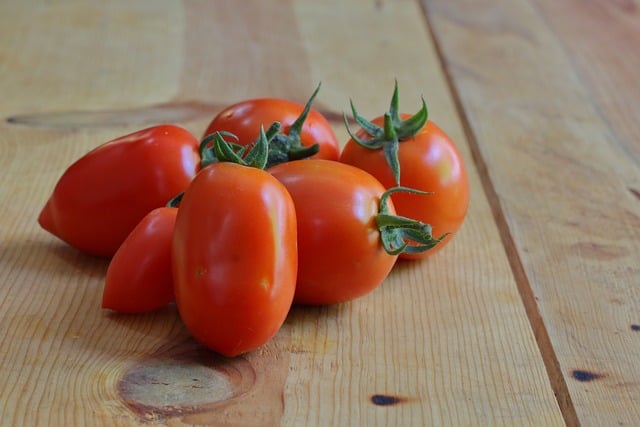Have You Ever Wondered Why the Mediterranean Diet Is So Popular and Effective?
As a nutrition expert with years of experience, I’ve seen countless diets come and go, but the Mediterranean diet stands out for its science-backed benefits and sustainable approach to eating. Recognized by the U.S. News & World Report as the #1 diet for overall health for six consecutive years, this diet isn’t just a trend—it’s a lifestyle.
If you’re curious about what to eat on a Mediterranean diet, how to plan meals, and why it’s so effective, you’re in the right place. From breakfast to dinner (and even brunch), I’ll walk you through the essentials of this heart-healthy diet and share practical meal ideas you can start using today.
What Exactly Do You Eat on a Mediterranean Diet?
The Mediterranean diet is inspired by the traditional eating patterns of countries bordering the Mediterranean Sea, such as Greece, Italy, and Spain. It emphasizes whole, minimally processed foods and includes:
1. Vegetables and Fruits
- A variety of seasonal produce, such as spinach, tomatoes, cucumbers, and oranges, forms the base of every meal.
2. Whole Grains
- Foods like whole wheat bread, quinoa, brown rice, and bulgur are staples.
3. Healthy Fats
- Extra virgin olive oil is the primary fat source, along with avocados, nuts, and seeds.
4. Protein
- Lean proteins like fish (salmon, sardines, mackerel), legumes, and moderate amounts of poultry and eggs.
- Red meat is eaten sparingly.
5. Dairy
- Fermented dairy like Greek yogurt and small portions of cheese (feta, Parmesan).
6. Herbs and Spices
- Flavorful additions like oregano, basil, rosemary, and garlic replace excessive salt.
7. Wine (Optional)
- Red wine is consumed in moderation (1 glass per day for women, 2 for men).
What Is an Example of a Mediterranean Diet Meal?
Lunch Idea:
- Grilled Salmon Salad: Mixed greens, cherry tomatoes, cucumbers, olives, red onions, and grilled salmon drizzled with olive oil and lemon juice. Served with a slice of whole-grain bread.
Dinner Idea:
- Vegetable Ratatouille: A medley of eggplant, zucchini, bell peppers, and tomatoes cooked with olive oil and garlic. Paired with quinoa or brown rice and a side of hummus.
What Is the 9-Point Mediterranean Diet?
The 9-point Mediterranean diet score evaluates adherence to Mediterranean eating principles. The points are based on:
- High intake of vegetables.
- Frequent consumption of fruits.
- Preference for whole grains.
- Regular use of olive oil.
- Lean proteins like fish and legumes.
- Moderate dairy consumption.
- Limited red meat and processed foods.
- Moderate alcohol consumption (if appropriate).
- A focus on nuts and seeds for snacks.
Scoring high on these points correlates with better cardiovascular health, weight management, and longevity.
Mediterranean Diet Benefits
The Mediterranean diet is widely studied and praised for its numerous health benefits:
- Heart Health: Reduces the risk of cardiovascular diseases by up to 30% (Source: New England Journal of Medicine).
- Weight Management: Promotes weight loss while allowing satisfying meals.
- Reduced Inflammation: High in antioxidants from fruits, vegetables, and olive oil.
- Improved Brain Health: Linked to a lower risk of Alzheimer’s and cognitive decline.
- Better Blood Sugar Control: Ideal for managing and preventing Type 2 diabetes.
Mediterranean Diet Breakfast
A Mediterranean breakfast is simple, wholesome, and satisfying. Here are some ideas:
- Greek Yogurt with Honey and Nuts
- A bowl of Greek yogurt topped with walnuts, almonds, a drizzle of honey, and fresh berries.
- Avocado Toast
- Whole-grain toast topped with mashed avocado, olive oil, cherry tomatoes, and a sprinkle of oregano.
- Egg and Spinach Scramble
- Eggs scrambled with sautéed spinach and served with whole-grain bread.
Mediterranean Diet Lunch
Lunch is often the largest meal of the day in Mediterranean cultures. Here’s what it could look like:
- Chickpea Salad
- Chickpeas, diced cucumbers, tomatoes, parsley, and a lemon-olive oil dressing.
- Grilled Chicken Wrap
- Whole-grain pita filled with grilled chicken, hummus, and mixed greens.
- Vegetable Soup with Whole-Grain Bread
- A hearty soup made with lentils, carrots, celery, and herbs.
Mediterranean Diet Brunch
Brunch is an opportunity to enjoy a mix of breakfast and lunch favorites:
- Shakshuka
- Poached eggs in a spiced tomato sauce, served with whole-grain bread.
- Spinach and Feta Quiche
- A crustless quiche made with spinach, feta, and eggs, alongside a fresh salad.
- Fruit and Nut Platter
- Seasonal fruits served with almonds, walnuts, and a drizzle of honey.
Mediterranean Diet Dinner
Dinners are typically lighter but still nutrient-dense:
- Grilled Fish with Roasted Vegetables
- Salmon or sea bass with roasted zucchini, eggplant, and bell peppers.
- Stuffed Bell Peppers
- Bell peppers stuffed with quinoa, chickpeas, tomatoes, and herbs.
- Pasta Primavera
- Whole-grain pasta tossed with olive oil, garlic, cherry tomatoes, spinach, and Parmesan cheese.
How to Get Started with the Mediterranean Diet
- Replace Processed Foods: Swap refined grains for whole grains and use olive oil instead of butter.
- Prioritize Fresh Produce: Build your meals around fruits and vegetables.
- Plan Ahead: Meal prep soups, salads, and grain bowls to make sticking to the diet easier.
- Enjoy the Process: Embrace cooking at home and experimenting with herbs and spices.
Key Takeaways
- What to Eat: Focus on vegetables, whole grains, healthy fats, lean proteins, and fermented dairy.
- Meal Examples: Greek yogurt bowls, grilled salmon salads, and roasted vegetable dishes are staples.
- Health Benefits: The Mediterranean diet reduces heart disease risk, aids weight management, and improves brain health.
- Daily Routine: Breakfast could include Greek yogurt, lunch may feature grilled chicken wraps, and dinner might be grilled fish with roasted vegetables.
- Simple Changes: Start by cooking more at home, choosing olive oil, and adding more fresh produce to your meals.
FAQs
1. What makes the Mediterranean diet so healthy?
Its emphasis on whole foods, healthy fats, and lean proteins reduces inflammation, supports heart health, and improves longevity.
2. Can I follow the Mediterranean diet if I’m vegetarian?
Absolutely! Focus on legumes, grains, nuts, seeds, and plant-based proteins like tofu.
3. Is wine mandatory on the Mediterranean diet?
No, wine is optional. If you don’t drink alcohol, you can skip it without affecting the diet’s benefits.
4. How do I start the Mediterranean diet on a budget?
Shop for seasonal produce, buy grains in bulk, and use canned legumes for convenience and affordability.
5. Can young adults benefit from the Mediterranean diet?
Yes, it’s an excellent choice for young adults as it promotes long-term health and prevents early onset of lifestyle diseases.
Conclusion
The Mediterranean diet is more than a diet—it’s a lifestyle that prioritizes fresh, flavorful, and nutrient-rich foods. Whether you’re looking to boost your health, manage weight, or enjoy delicious meals, this diet is a sustainable and effective choice.
Start small by incorporating more olive oil, whole grains, and vegetables into your daily routine, and soon, you’ll reap the incredible benefits of this timeless way of eating. Your journey to better health and tastier meals begins now!


